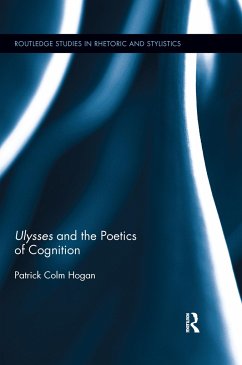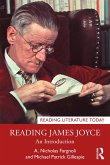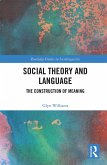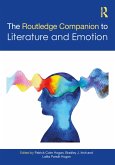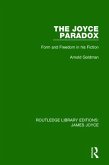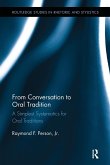Given Ulysses' perhaps unparalleled attention to the operations of the human mind, it is unsurprising that critics have explored the work's psychology. Nonetheless, there has been very little research that draws on recent cognitive science to examine thought and emotion in this novel. Hogan sets out to expand our understanding of Ulysses, as well as our theoretical comprehension of narrative-and even our views of human cognition. He revises the main narratological accounts of the novel, clarifying the complex nature of narration and style. He extends his cognitive study to encompass the anti-colonial and gender concerns that are so obviously important to Joyce's work. Finally, through a combination of broad overviews and detailed textual analyses, Hogan seeks to make this notoriously difficult book more accessible to non-specialists.
"This is a doubly brilliant book: set to become the standard account of Ulysses and the perfect exemplar so far of the richness that a cognitive scientific approach to literature can bring." --Peter Stockwell, Professor of Literary Linguistics, University of Nottingham, UK
"This is a doubly brilliant book: set to become the standard account of Ulysses and the perfect exemplar so far of the richness that a cognitive scientific approach to literature can bring." --Peter Stockwell, Professor of Literary Linguistics, University of Nottingham, UK

